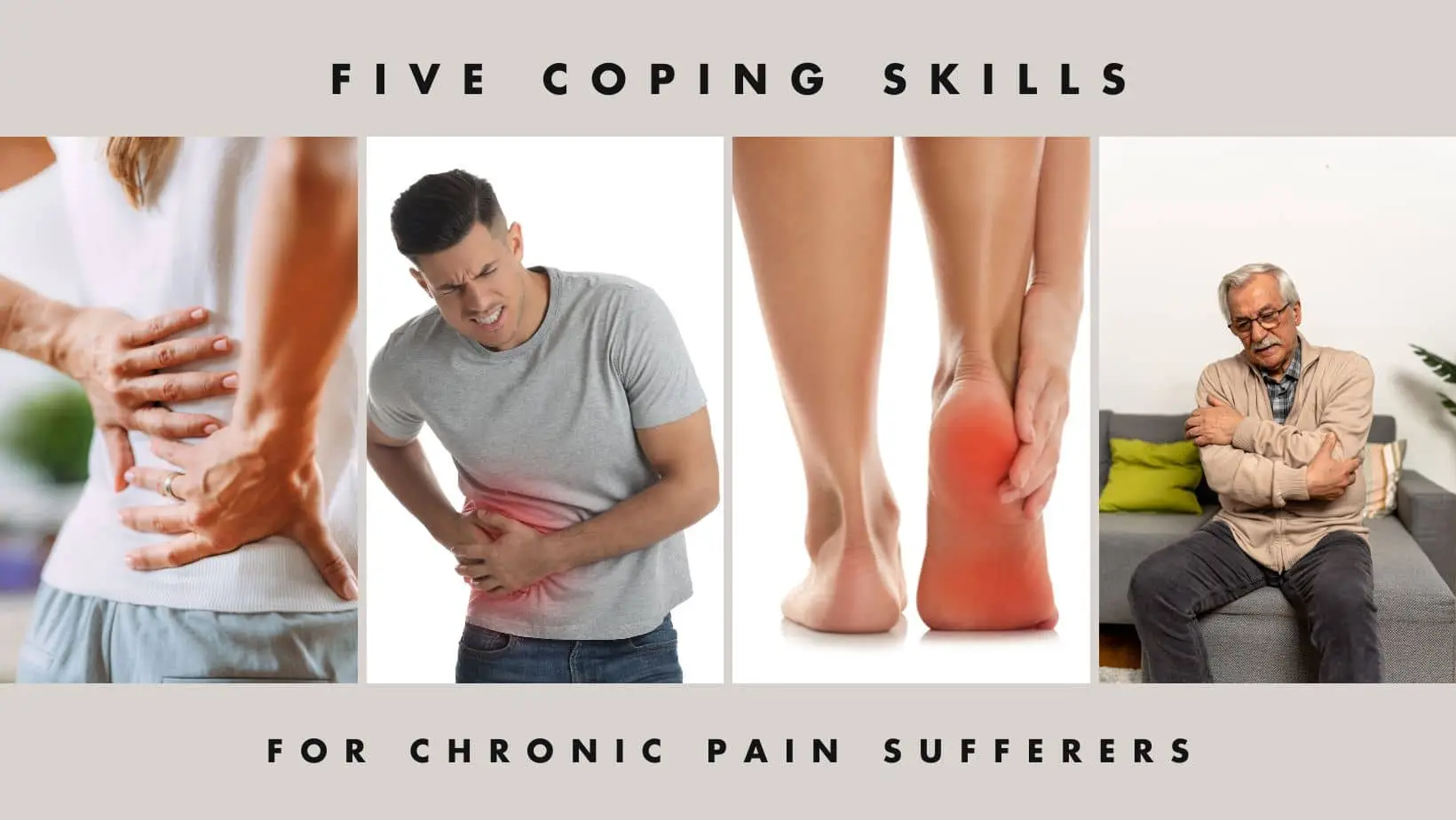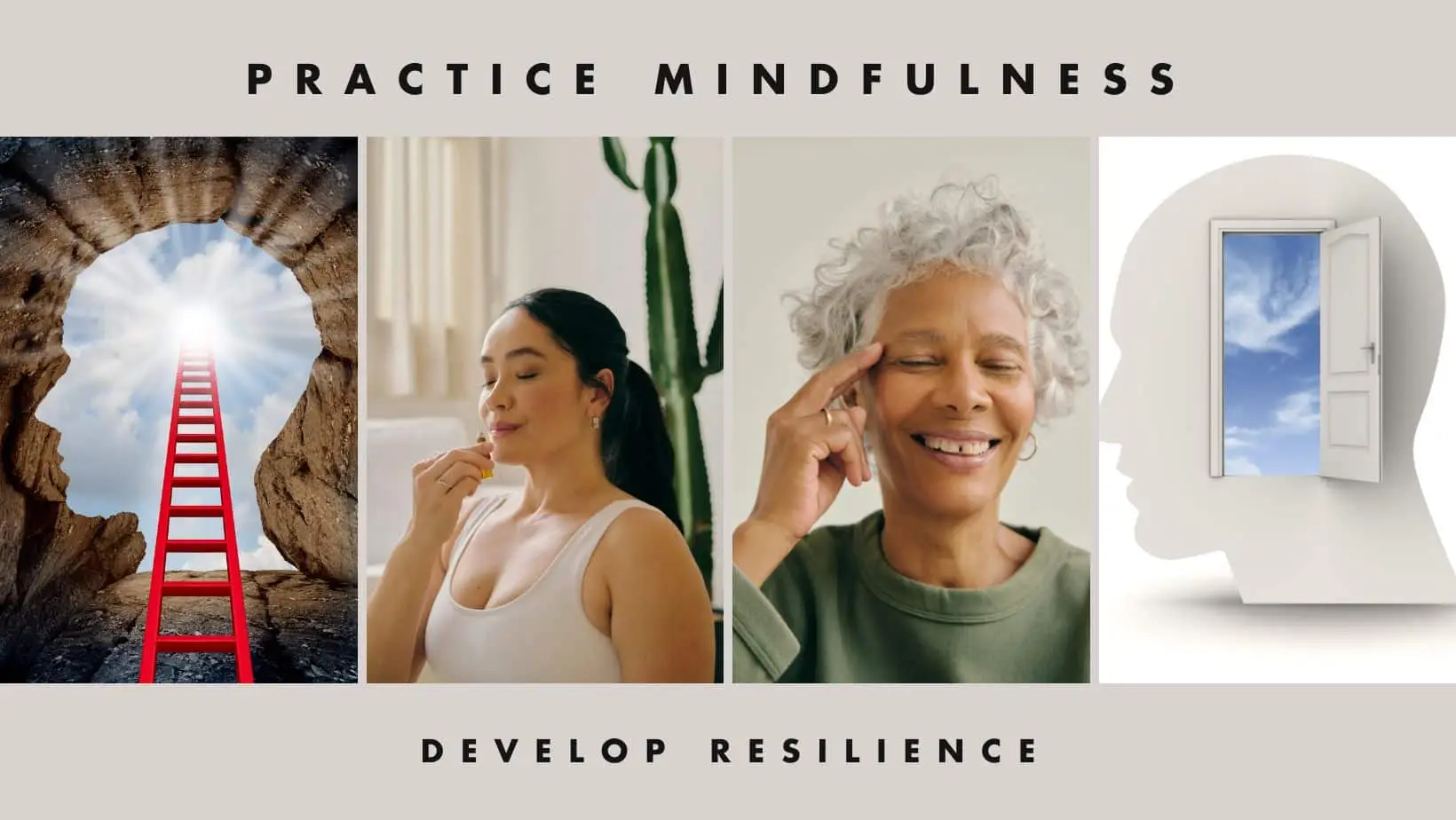

What Are The 5 Coping Skills Every Chronic pain patient Needs?
Living with chronic pain can test even the strongest wills. Yet, mastering certain skills can help ease this journey. Patients find relief by adopting coping strategies that tackle both mind and body. A happy life is still within reach when one learns to reframe thoughts and accept a new normal. Mental fortitude plays its part; it’s about reshaping neural pathways for lasting change. Often overlooked, psychological therapy offers another layer of support in managing daily struggles.
Understanding Pain Psychology Techniques
People with long-term pain often feel their bodies are at war with them. A key skill lies in mastering one’s thoughts about the ache. This starts by knowing that the brain controls all sensations, including pain. Techniques from pain psychology help to rewire how we process these signals. One approach is called biofeedback. Here, patients learn to change physical responses like heart rate which can affect discomfort levels they perceive. They see real-time data on body functions and use relaxation or mental exercises to alter them, helping lessen their agony.
Another useful method involves guided imagery: focusing on calm pictures in mind’s eye redirects attention away from suffering; it tricks our brains into feeling less of it! It’s a powerful way for people living through constant hurt to find some peace. Patients also benefit when they set realistic goals each day; this gives a sense of control over life despite ongoing struggle against distress. Redirecting focus and setting achievable daily targets are key for a happier life with constant pain. These techniques, rooted in psychological therapy, help not just to endure but to thrive despite chronic suffering.
Practising Mindfulness and Acceptance
Mindfulness and acceptance are key in coping with chronic pain. By focusing on the present, patients learn to notice their thoughts without judgment. This practice eases stress that often makes pain worse. Acceptance doesn’t mean giving up hope for relief; rather, it involves recognizing limits while still striving for a better life. Studies show mindfulness can help manage anxiety linked to chronic pain. It might even be as effective as established therapies like cognitive behavioural therapy (CBT).
The goal is peace of mind despite discomfort––a challenging but rewarding skill to nurture. Recent research points out potential risks such as increased depression or anxiety from meditation practices, although these effects were no more common than receiving no treatment at all – about 8 percent either way had negative experiences according to some reports. Most who meditate aim for general wellness or stress reduction. An impressive 92 percent find success, based on survey data, and over half seek improved sleep too.

Developing Resilience Through Pacing Activities
Developing resilience in the face of chronic pain often means finding a balance. Pacing activities is key to this process. It’s about knowing when to take action and when to rest, making sure not to overdo it on good days or give in completely on bad ones. Chronic sufferers know that pushing too hard can lead into more pain. It starts with small steps: breaking tasks down into manageable chunks; taking breaks before fatigue kicks in. This approach helps maintain function without increasing stress on the body, therefore keeping inflammation at bay which aggravates pain.
Over time, these measured actions contribute greatly towards sustainability – preserving engagement with work, family and leisure despite discomfort. Growth also comes from pacing oneself through painful episodes – learning limits and new coping skills along the way increases understanding of personal capacity. Some find that facing their condition head-on nurtures an unexpected growth spurt leading them toward greater insight and even benefit-finding amidst adversity.
The interplay between recovery—regaining one’s equilibrium—and sustainable positive practices demonstrates how integral they’re for living well despite constant discomfort. Studies suggest those who manage both aspects effectively might experience quicker recuperation after flare-ups as well as ongoing benefits derived from dealing constructively with their chronic ailment.
Learning Cognitive Behavioural Strategies
Learning cognitive behavioural strategies empowers pain patients to manage their discomfort. It’s about changing thought patterns, which can often magnify pain experiences. By tackling negative thoughts and learning realistic ones, one feels more in control. They learn to spot stress triggers that amplify the feeling of pain. Skills taught include how to break up big tasks into doable steps; this stops a task from seeming too hard due to pain fears. Patients are also shown ways to set reachable goals for each day, which keeps them active without overdoing it.
Patients chart out these activities with help from trained pros who know much on chronic conditions and mental well-being links—no need for fancy terms or complex plans here; just clear advice put into daily living. These techniques don’t drop the intensity of physical sensations directly but offer tools so one isn’t overwhelmed by their condition—a shift in handling life’s challenges when dealing with long-term discomfort.
Engaging in Regular Physical Movement
Moving your body often helps when dealing with chronic pain. It’s not just about drugs or therapy. Physical activity can change how you feel pain, making it less sharp over time. Doctors say exercise is a key part of living better with long-term hurt. When you stay active, stress doesn’t hit as hard. Eating good food and sleeping enough also play their parts in this fight against constant discomfort. These acts don’t fix everything but they give us power to face the tough days well. It matters to see each small win: today a bit less hurt than yesterday; last week more bearable than before.
That shift in view makes real changes for those living with daily hurts that won’t go away fast. Doing things we love fills life up and pushes some pains from our minds for a while. Making something cool or being with caring people lifts our spirits high above the pain of hurting joints and achy backs. Finding others who understand adds comfort. They know the rough patches and the smiles, so find groups where support is mutual. Every person battling chronic pain must equip themselves with key coping skills. They need mindfulness to stay present despite discomfort.
They use techniques like deep breathing or meditation for stress relief, have a strong support network for help, and do physical activity to maintain mobility and boost mood. Finally, they should adopt good sleep habits since rest is vital in managing pain levels effectively. At Chronic Pain Focus we believe these skills empower patients on their journey towards better health outcomes and improved quality of life.